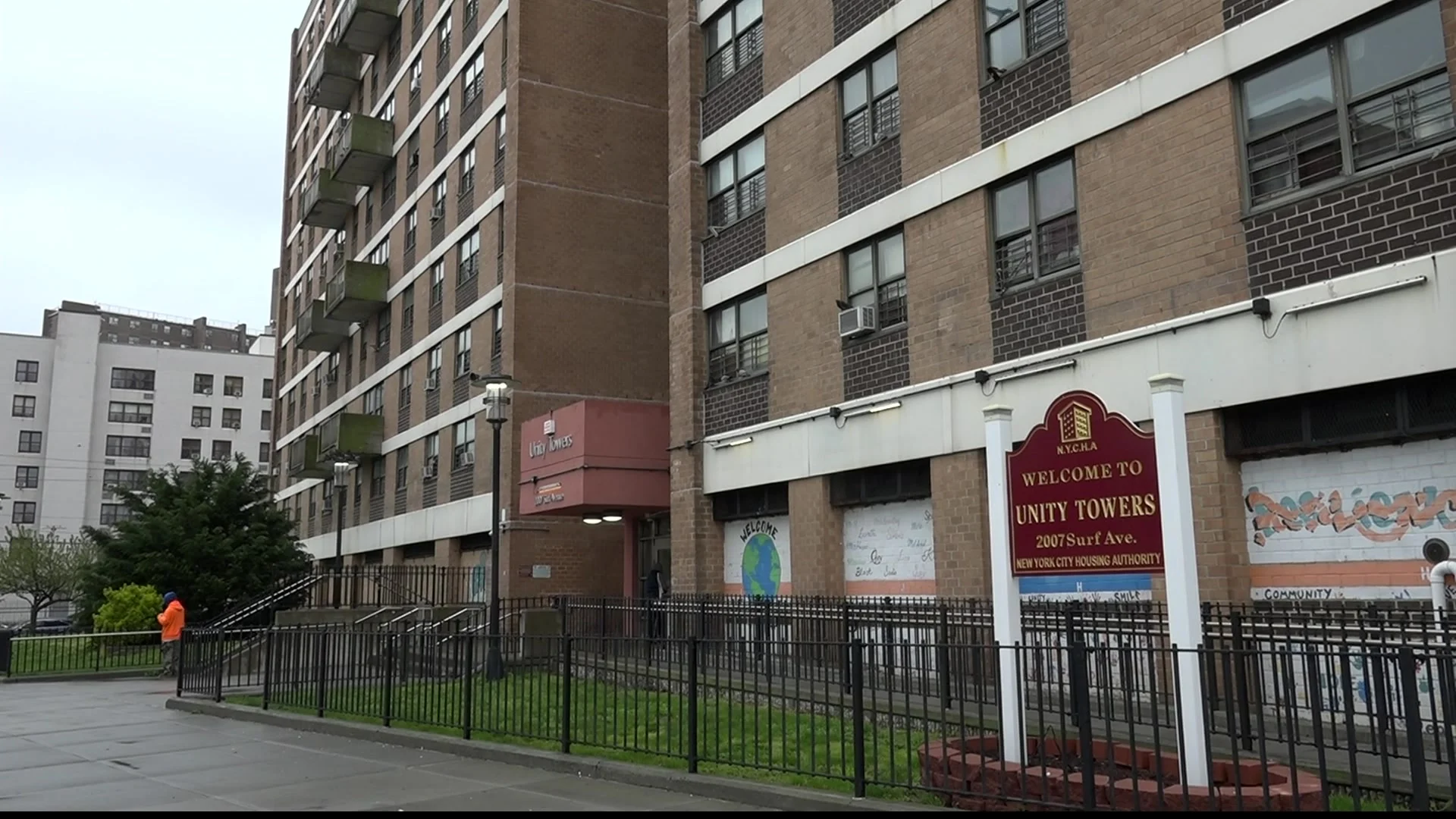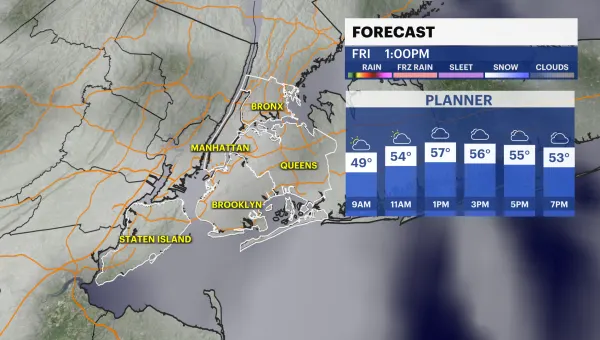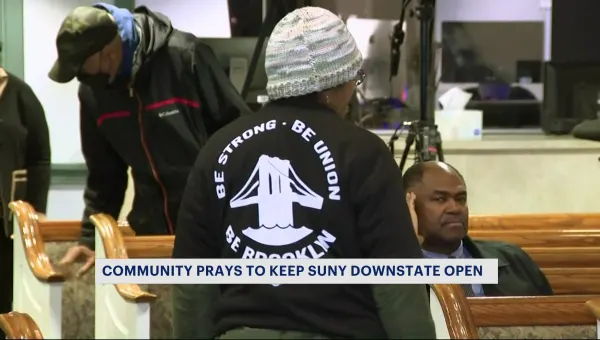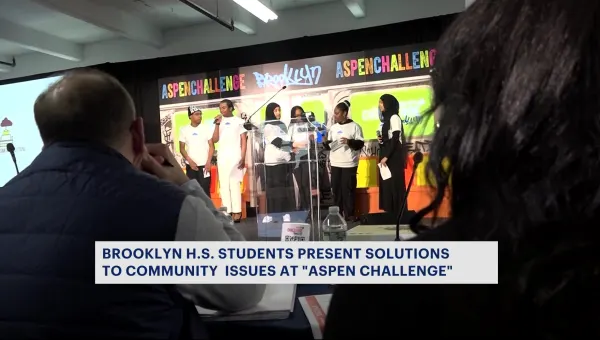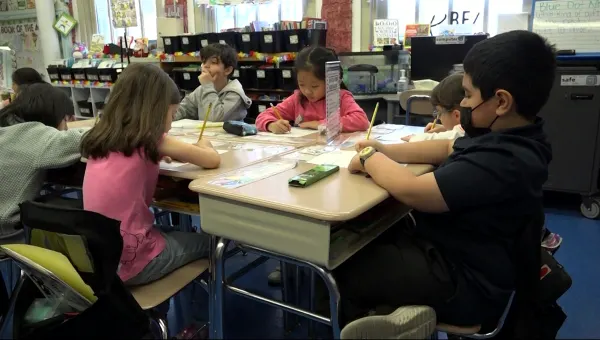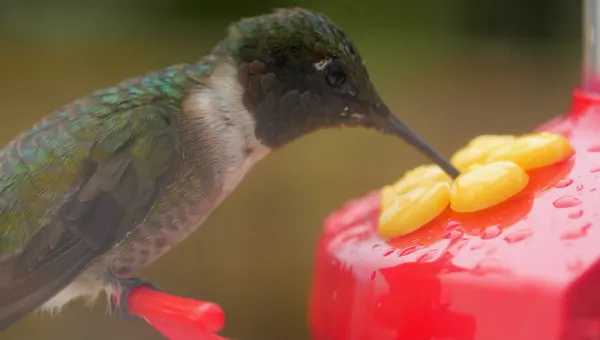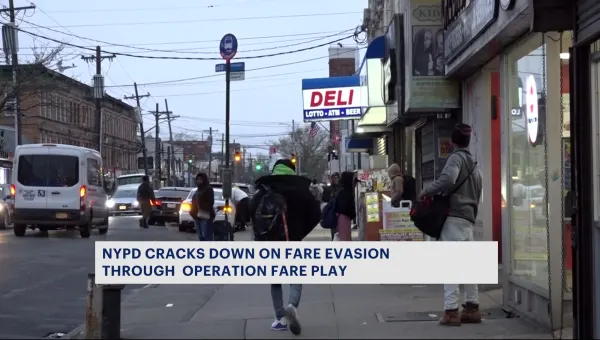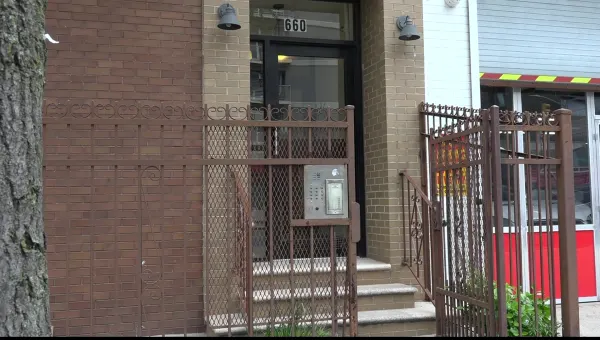Columbia University: Risk of coronavirus reinfection still remains after recovery
New research by Columbia University Mailman School of Public Health experts shows that reinfections of the same coronavirus are not uncommon.
News 12 Staff
•
May 6, 2020, 2:44 PM
•
Updated 1,443 days ago
Share:
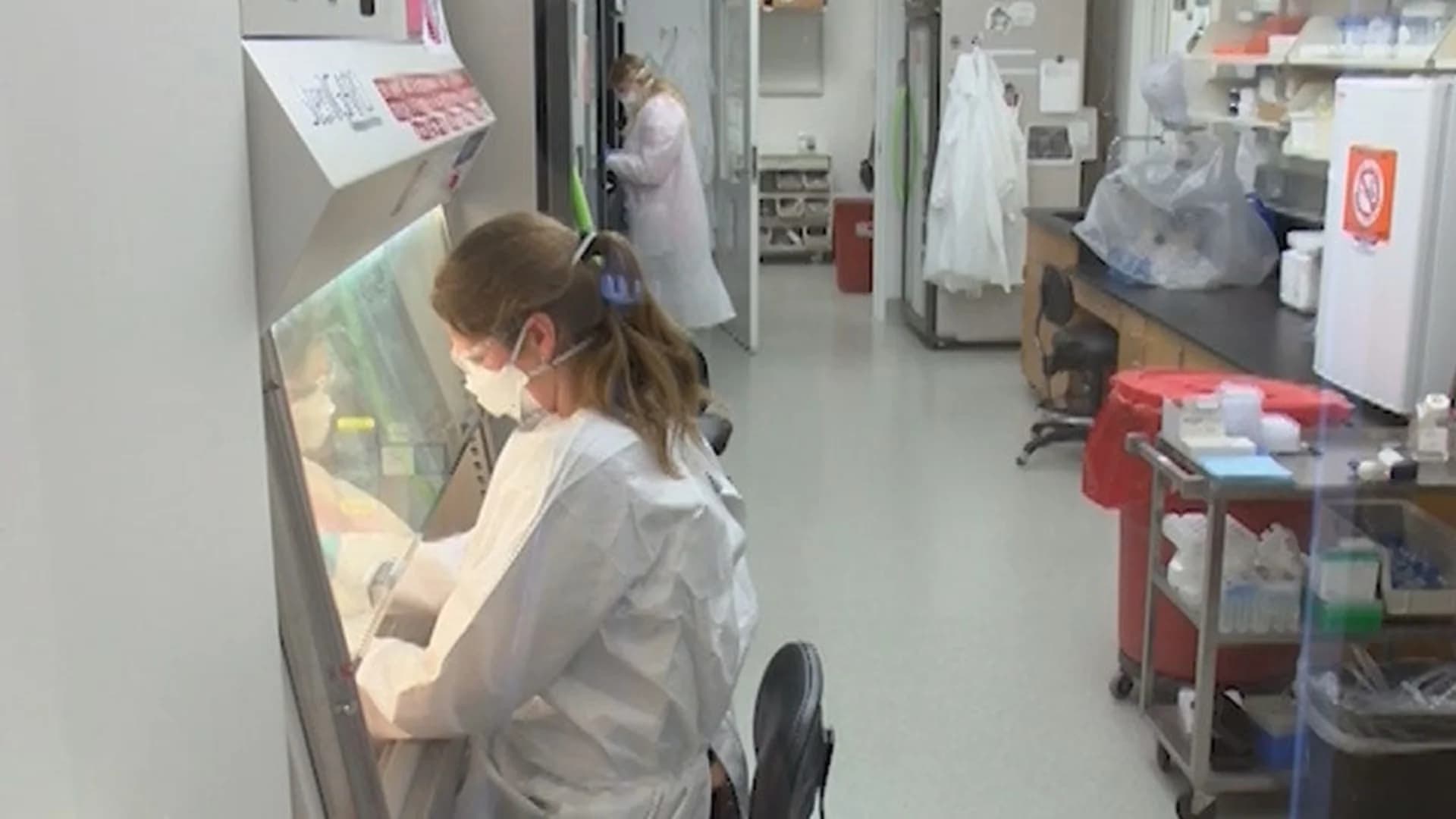
New research by Columbia University Mailman School of Public Health experts shows that reinfections of the same coronavirus are not uncommon.
Researchers studied four endemic coronaviruses, not including SARS-CoV-2, which is the virus that causes COVID-19.
The study on the four endemic coronaviruses found that when reinfection occurred it was not associated with less severe symptoms. Researchers say genetic factors may be a greater determinant of the severity of the infection.
They say individuals who were asymptomatic during their first infection did not experience symptoms during subsequent infections. Members of the same family reported similar symptom severity, according to researchers.
LIVE BLOG - Coronavirus updates from the tri-state area and beyond
TRACKER: New York, New Jersey, Connecticut coronavirus cases and deaths
TRACKER: New York, New Jersey, Connecticut coronavirus cases and deaths
While characteristics of immunity in COVID-19 patients are still unknown, the immune response to the endemic coronaviruses studied by the researchers at Columbia could provide a useful reference for understanding the risk of repeat infection.
“As the COVID-19 pandemic progresses, infecting millions of people worldwide, a key question is whether individuals are prone to repeat infection. The evidence from endemic coronaviruses suggests that immunity is short-lived and re-infection is common within one year, with symptom severity possibly more a function of genetics than the presence or absence of antibodies,” says Jeffrey Shaman, Ph.D. “Research on endemic coronaviruses, along with findings for SARS and MERS, provide context for understanding protective immunity against repeat SARS-CoV-2 infections.”
Researchers say more than 90% of the populations presents a baseline level of antibodies against the endemic coronaviruses studied, beginning at a young age.
Shortly after infection, antibody levels increase supply, reaching a peak after about two weeks. By four months to one year, antibodies return to baseline levels, according to researchers.
They says research into SARS and MERS coronavirus infections, which often result in more severe illness, shows a contrast in which antibodies persist for two years longer.
